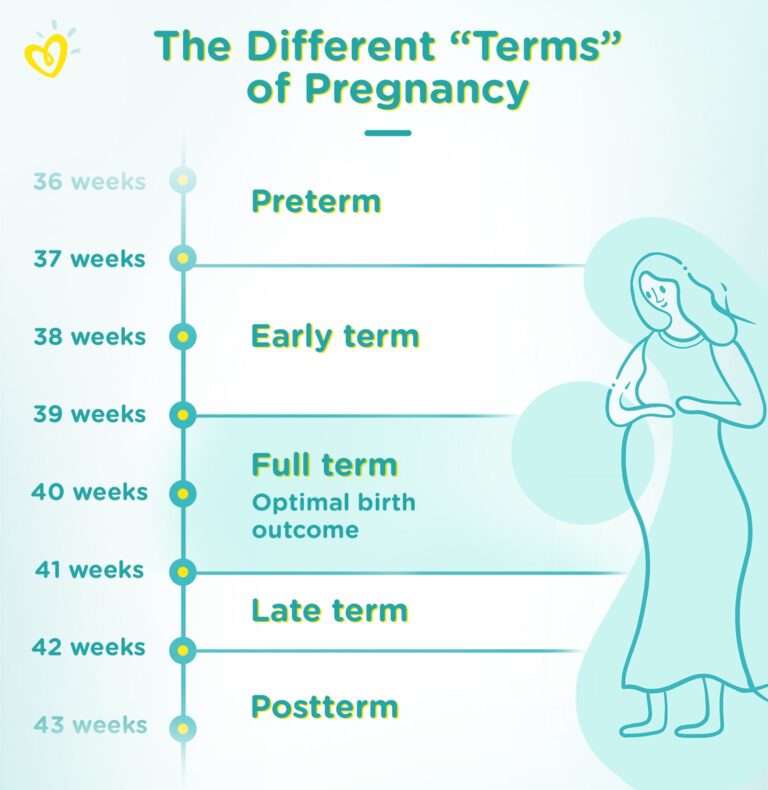How Long Does Implantation Take?
Implantation is a critical stage in reproduction, where the fertilized egg embeds itself into the lining of the uterus. This process is essential for the development of a healthy pregnancy. Understanding the timeline and factors involved in implantation can provide valuable insights into the early stages of pregnancy.
The implantation process typically occurs within 6 to 12 days after fertilization. During this time, the fertilized egg undergoes several transformations as it prepares to implant. The uterine lining also undergoes changes to become receptive to the embryo.
How Long Does Implantation Take?

Implantation is the process by which a fertilised egg attaches itself to the lining of the uterus. It usually takes place around 6-12 days after conception.
Signs and Symptoms of Implantation
- Light spotting or bleeding
- Cramping
- Breast tenderness
- Nausea
- Fatigue
Factors Affecting Implantation Time
- Age
- Hormonal imbalances
- Stress
- Previous pregnancies
- Underlying medical conditions
What Happens if Implantation Doesn’t Occur?
If implantation doesn’t occur, the fertilised egg will be flushed out of the body during the next period.
When to See a Doctor
If you’re concerned about implantation, it’s important to see a doctor. They can perform a blood test or ultrasound to confirm whether implantation has occurred.
Q&A
How long does it take for implantation to occur?
Implantation typically occurs within 6 to 12 days after fertilization.
What are the key stages of implantation?
The key stages of implantation include fertilization, cleavage, morula formation, blastocyst formation, and attachment to the uterine lining.
What factors can affect the duration of implantation?
Factors that can affect the duration of implantation include the quality of the embryo, the receptivity of the uterine lining, and hormonal factors.
What is the significance of the timing of implantation?
The timing of implantation is crucial for a successful pregnancy. Implantation that occurs too early or too late can lead to pregnancy complications.
How can I know if implantation has occurred?
Implantation can be confirmed through a blood test that measures the levels of the hormone hCG (human chorionic gonadotropin).





